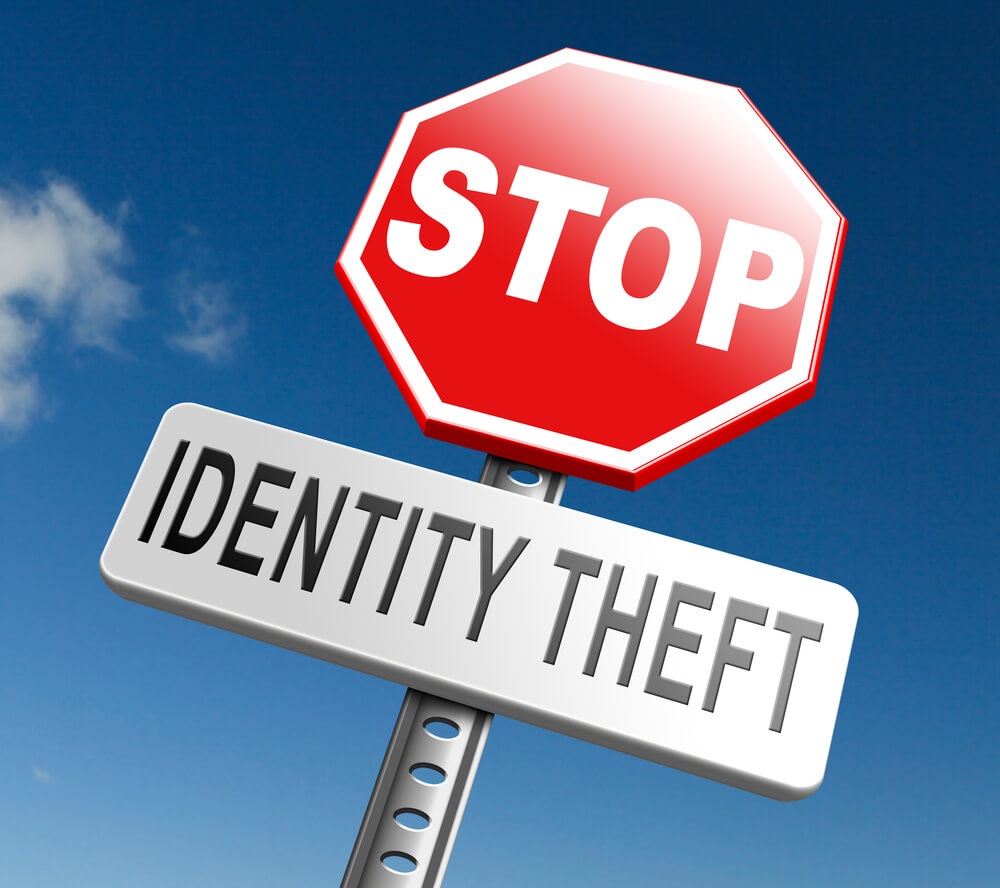
Find the resources you need by using keyword search and clicking enter or by filtering by category.
All Resources
join the community
VERIFIED businesses
Preventing Identity Theft
The convenience of everything online, including online banking, is terrific. The problem is identity theft. In fact, data breaches and other financial scams expose millions to identity fraud. Accordingly, FTC received 5.7 million fraud and identity theft reports, of which 1.4 million were identity theft cases. Total losses are estimated to be $10.2 billion. The question becomes, how can one prevent identity theft?
Who is more likely to be a victim of identity theft?
Let us first identify who is likely to become a victim of identity theft – anyone. Still, chances are three times higher for anyone in the United States compared to other countries. 33% of Americans have faced some identity theft attempt in their lives. Experts indicate this number could rise. In addition, consumers ages 30-39 were more victimized by identity theft. Though most victims were in their 30s, identity theft is a concern for anyone, especially vulnerable seniors. Older Americans lose $3 billion yearly in financial scams.
How can one prevent identity theft?
It is crucial to monitor your mail and email. Regularly check your bank statements and credit card bills. Many people enjoy the convenience of paperless billings but make sure you still log into your financial accounts to review all your transactions to see if there are any warning signs, such as unfamiliar transactions. If doing this becomes overwhelming for an aging loved one, check their mail and financial documents with them. The main goal is to look for inaccurate or unfamiliar transactions, accounts, or addresses.
Another thing to consider is direct deposit. Direct deposits can reduce the chance of someone stealing a check. Individuals can set up direct deposit with Social Security, pensions, retirement, or other benefit income. Just contact the agency or company on how to set it up.
What about the credit reporting agencies?
It would be ideal to freeze one’s credit to prevent identity theft. Credit freezes are free and reduce the ability for someone to create a fraudulent credit account in your name. Plus, it does not impact your credit score and provides peace of mind. Furthermore, keep an eye on your credit. Some credit cards offer customers free credit monitoring. Another option is to request an annual or every six-month credit report from Annual Credit Report.
How does one freeze their credit?
- Contact each credit reporting agency. The top three agencies are
- Experian (1-888-397-3742)
- Equifax (1-800-525-6285)
- TransUnion (1-800-680-7289).
- Verify your identity with each agency
- Request each agency freeze your credit.
Each credit agency will provide a PIN, which you should store in a safe place. Anytime you want to unfreeze your credit, you must contact each agency and provide the PIN. Once you have established your goal, re-freeze your credit with each agency.
Is there anything else to do?
Yes, make sure all of your financial institutions have an online profile or request the financial institution to block anyone from making an online profile. Most older adults think they are protected by not having online banking, but this is false. Predators can set up their own online profile and make transactions, and the victim will not know until afterwards. Therefore, it is best to set up your own profile to block this from happening.
Lastly, there is confusing information about locking one’s Social Security Number. The United States government uses Self Lock through e-verify to put a lock on one’s Social Security Number. On the other hand if one calls the Social Security Administration (SSA), they will deny this can happen. The main reason to block one’s Social Security Number is for employment fraud. If you are not worried about this, but still want to monitor your SSA account, set up an online profile with SSA.
Protecting your assets and credit is essential. STAGES is here to educate people on ways to prevent identity theft.
top verified companies
@2024 STAGES FOR LIFE, LLC. Designed Intentionally by MOK
information
sales@stagesforlife.com
Articles
Government
verified businesses
Medical Services
Get Verified
Contact
Privacy Policy
Terms and Conditions
Downsizing
Housing and Care Services
Non-Profit
Professional Services
Medical Services
Professional Services
Non-Profit
Housing & Care Services
Government
Downsizing
Events
Newsletter